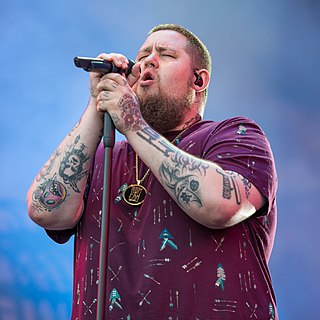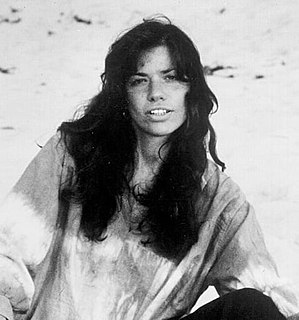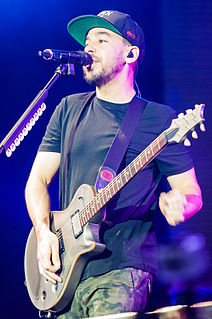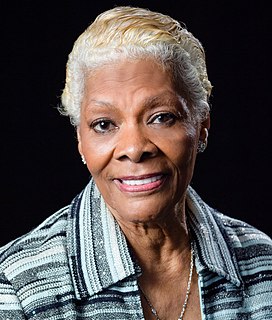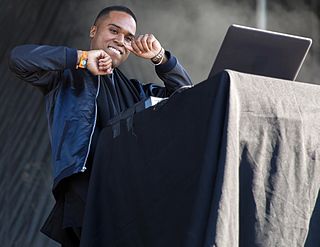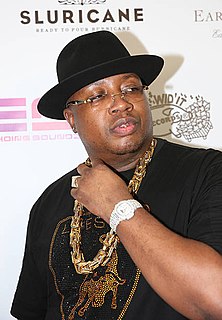A Quote by Rag'n'Bone Man
I had some really early recordings when I was 16 or 17. I was rapping over jungle beats with my friends. We used to do pirate radio stations in my area, down near Brighton. They were pretty terrible.
Related Quotes
College radio is a very important medium that needs to survive in difficult economic times when some stations are being sold off and shut down. College radio is the future for broadcasting stars and pioneers of tomorrow, and we as a band, Coldplay, support the vital mission of college radio and we also support College Radio Day, the day when college radio comes together.
